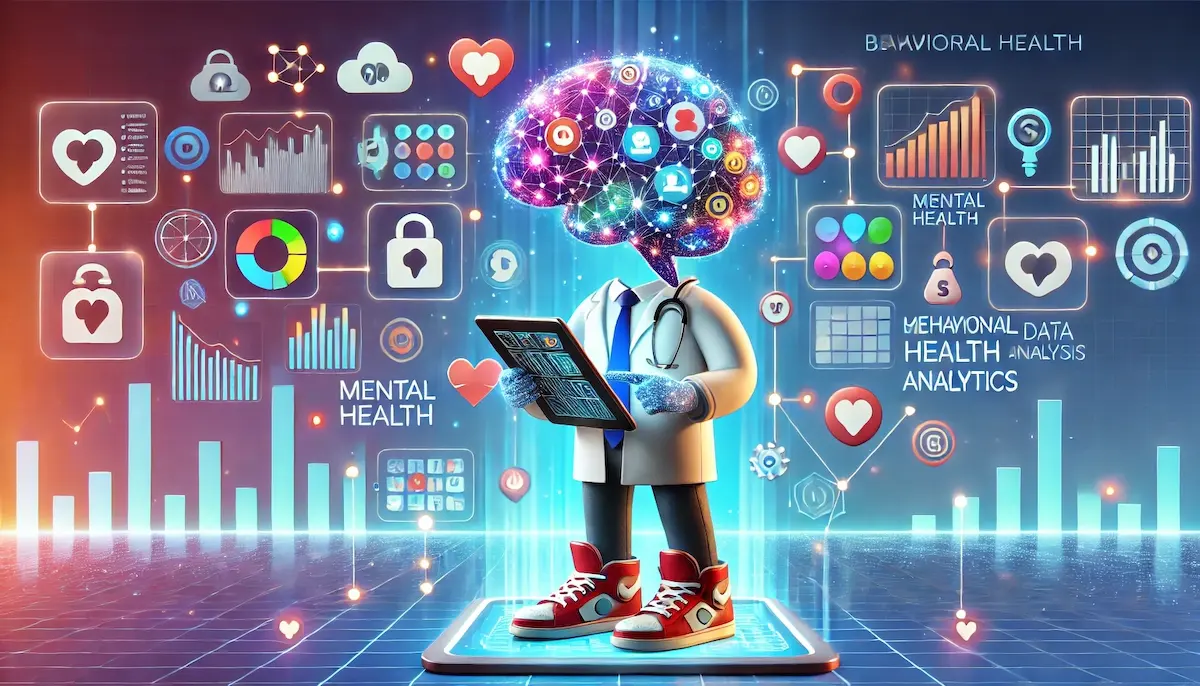Behavioral health analytics is an emerging field that leverages data to improve mental health care and outcomes. By analyzing patterns and trends in behavioral data, healthcare providers can gain valuable insights into patient well-being, treatment efficacy, and overall health trends. This article explores what behavioral health analytics is, how it works, and its benefits in the healthcare sector.
What Is Behavioral Health Analytics?
Behavioral health analytics involves the collection, analysis, and interpretation of data related to mental health and behavior. This data can include information from electronic health records (EHRs), patient surveys, wearable devices, and other sources. By using advanced analytics techniques such as machine learning and artificial intelligence, healthcare providers can identify patterns and predict outcomes, leading to more informed decision-making.
How Does Behavioral Health Analytics Work?
Behavioral health analytics typically follows a multi-step process:
Data Collection
Data is gathered from various sources, including:
- Electronic Health Records (EHRs): Patient medical histories, treatment plans, and clinical notes.
- Wearable Devices: Data on physical activity, sleep patterns, and heart rate.
- Patient Surveys: Self-reported information on mood, behavior, and quality of life.
- Public Health Records: Data on broader health trends and demographic information.
Data Integration
The collected data is integrated into a centralized system where it can be easily accessed and analyzed. This step often involves ensuring data compatibility and standardizing formats.
Data Analysis
Advanced analytics techniques are applied to the integrated data to uncover patterns and insights. This can include:
- Predictive Analytics: Using historical data to predict future outcomes, such as the likelihood of a patient experiencing a mental health crisis.
- Descriptive Analytics: Summarizing current and past data to understand what has happened.
- Prescriptive Analytics: Recommending actions based on data analysis to improve patient outcomes.
Reporting and Visualization
The analyzed data is presented in a user-friendly format, such as dashboards and reports, to help healthcare providers make informed decisions.
Benefits of Behavioral Health Analytics
Improved Patient Care
By identifying patterns in patient behavior and treatment responses, healthcare providers can tailor interventions to individual needs. This personalized approach can lead to more effective treatments and better patient outcomes.
Early Intervention
Predictive analytics can identify patients at risk of mental health issues before they become severe. Early intervention can prevent crises and reduce the need for intensive treatment.
Enhanced Treatment Efficacy
Analyzing data from various treatments helps determine which interventions are most effective for specific conditions. This knowledge can guide clinical practices and improve treatment plans.
Resource Optimization
Behavioral health analytics can help healthcare organizations allocate resources more efficiently. By understanding patient needs and predicting service demand, providers can optimize staffing, reduce wait times, and improve overall service delivery.
Population Health Management
Analyzing data on a broader scale can reveal trends in mental health across populations. This information is crucial for public health planning, policy-making, and community health initiatives.
Applications of Behavioral Health Analytics
Clinical Decision Support
Healthcare providers can use analytics to support clinical decisions, ensuring that treatments are based on the latest evidence and tailored to individual patients.
Program Evaluation
Organizations can evaluate the effectiveness of mental health programs and initiatives by analyzing data on outcomes and participation.
Research and Development
Researchers can use behavioral health analytics to study the efficacy of new treatments, interventions, and policies, contributing to the advancement of mental health care.
Conclusion
Behavioral health analytics is transforming mental health care by providing deeper insights into patient behavior, treatment effectiveness, and health trends. By harnessing the power of data, healthcare providers can deliver more personalized, effective, and efficient care. This innovative approach holds great promise for improving mental health outcomes and enhancing overall well-being.
Blockfine thanks you for reading and hopes you found this article helpful.
